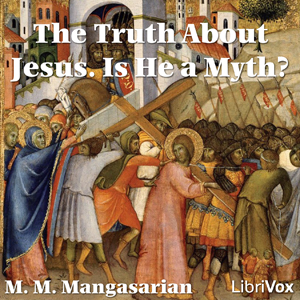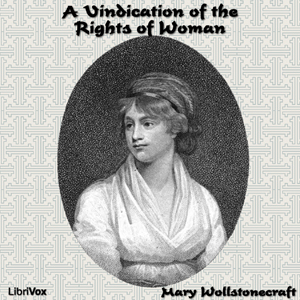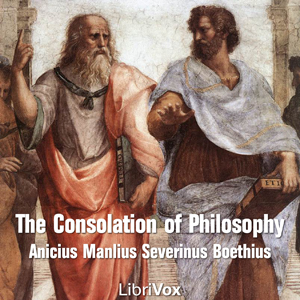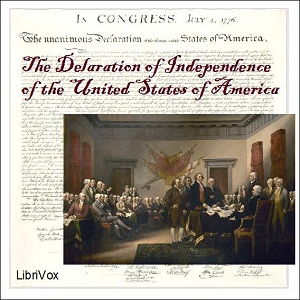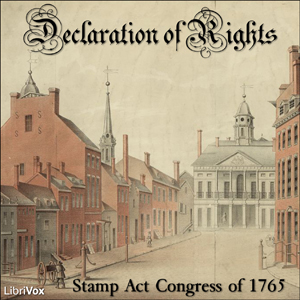- Preface
- Chapter I
- Chapter II
- Chapter III
- Chapter IV
- Chapter V
- Chapter VI
- Chapter VII Part I
- Chapter VII Part II
- Chapter VIII
- Chapter IX
- Chapter X
- Chapter XI
- Chapter XII
- Chapter XIII
- Chapter XIV
- Chapter XV
- Chapter XVI
- Chapter XVII Part I
- Chapter XVII Part II
- Chapter XVIII
- Chapter XIX
- Chapter XX
Written by the Dutch philosopher Baruch Spinoza, the Tractatus Theologico-Politicus or Theologico-Political Treatise was one of the most controversial texts of the early modern period. It was a preemptive defense of Spinoza's later work, Ethics, published posthumously in 1677, for which he anticipated harsh criticism. In the treatise, Spinoza put forth his most systematic critique of Judaism, and all organized religion in general. Spinoza argued that theology and philosophy must be kept separate, particularly in the reading of scripture. Whereas the goal of theology is obedience, philosophy aims at understanding rational truth. Scripture does not teach philosophy and thus cannot be made to conform with it, otherwise the meaning of scripture will be distorted. Conversely, if reason is made subservient to scripture, then, Spinoza argues, "the prejudices of a common people of long ago... will gain a hold on his understanding and darken it." He reinterpreted the belief that there were such things as prophecy, miracles, or supernatural occurrences. He argued that God acts solely by the laws of "his own nature". He rejected the view that God had a particular end game or purpose to advance in the course of events; to Spinoza, those who believed so were only creating a delusion for themselves out of fear. (Summary from Wikipedia)
There are no reviews for this eBook.
There are no comments for this eBook.
You must log in to post a comment.
Log in



